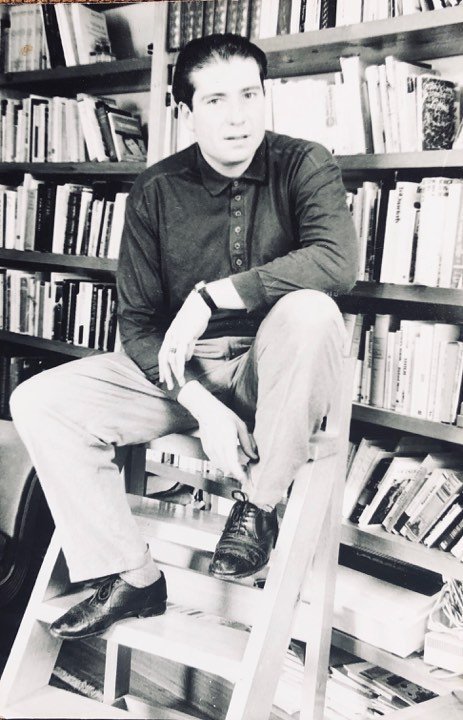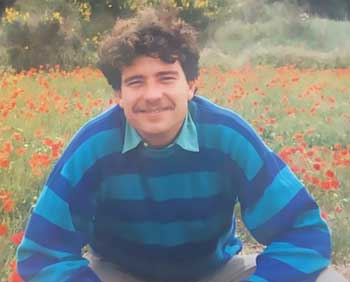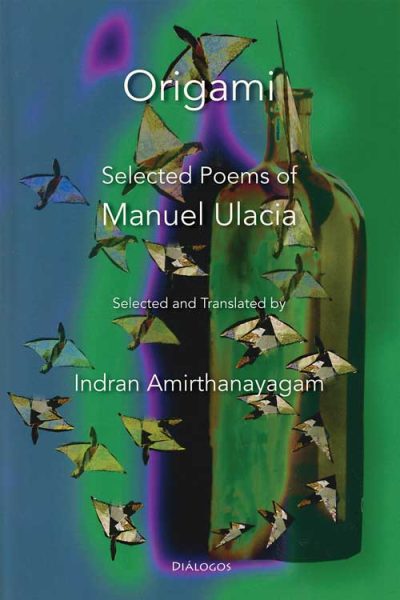Manuel Ulacia

Manuel  Ulacia (1953–2001) was born in Mexico City, grandson of Manuel Altolaguirre and Concha Mendez, members of Spain’s “Generation of ‘27.” Altolaguirre and Mendez became refugees of the Spanish Civil War, residing first in Cuba and then in Mexico. Manuel gained recognition for his own poetry early, studying architecture as an undergrad, and then a Master’s and PHD in Hispanic literature at Yale, specializing in Luis Cernuda. He then returned to Mexico where he taught at the Universidad Nacional Autonoma de Mexico, became a confidant and protegee of Octavio Paz at Vuelta, and engaged in political action on behalf of persecuted writers as president of PEN’s Mexico chapter.
Ulacia (1953–2001) was born in Mexico City, grandson of Manuel Altolaguirre and Concha Mendez, members of Spain’s “Generation of ‘27.” Altolaguirre and Mendez became refugees of the Spanish Civil War, residing first in Cuba and then in Mexico. Manuel gained recognition for his own poetry early, studying architecture as an undergrad, and then a Master’s and PHD in Hispanic literature at Yale, specializing in Luis Cernuda. He then returned to Mexico where he taught at the Universidad Nacional Autonoma de Mexico, became a confidant and protegee of Octavio Paz at Vuelta, and engaged in political action on behalf of persecuted writers as president of PEN’s Mexico chapter.
Books include Origami para un día de lluvia (Origami for a Rainy Day) (1990), one of the great long poems of the Spanish language, and El plato azul (1999), another brilliant long poem. Other books inclue La materia como ofrenda (Matter as Offering) (1980), El río y la piedra (The River and the Rock) (1989), Arabian Knights and Scottish Mornings (unpublished until it was included in Poesia, published posthumously by Fondo de Cultural Economica). Manuel also wrote a definitive critical study of Octavio Paz, El árbol milenario: Un recorrido por la obra de Octavio Paz (The Thousand-Year- Old Tree. A Voyage Through the Work of Octavio Paz) (1999). Manuel died, at the height of his powers, at age 48, beyond the Buenavista beach, 30 kilometers from Ixtapa-Zihuatanejo, pulled out to sea by a riptide.
Links:
Elegiac essay by Adolfo Castoñón
Showing the single result
-

Origami: Selected Poems of Manuel Ulacia
$21.95 Add to cartOrigami: Selected Poems of Manuel Ulacia
Manuel Ulacia
9781956921106
“Manuel Ulacia’s poetry folds water in all of its forms like origami.”$21.95


You must be logged in to post a comment.